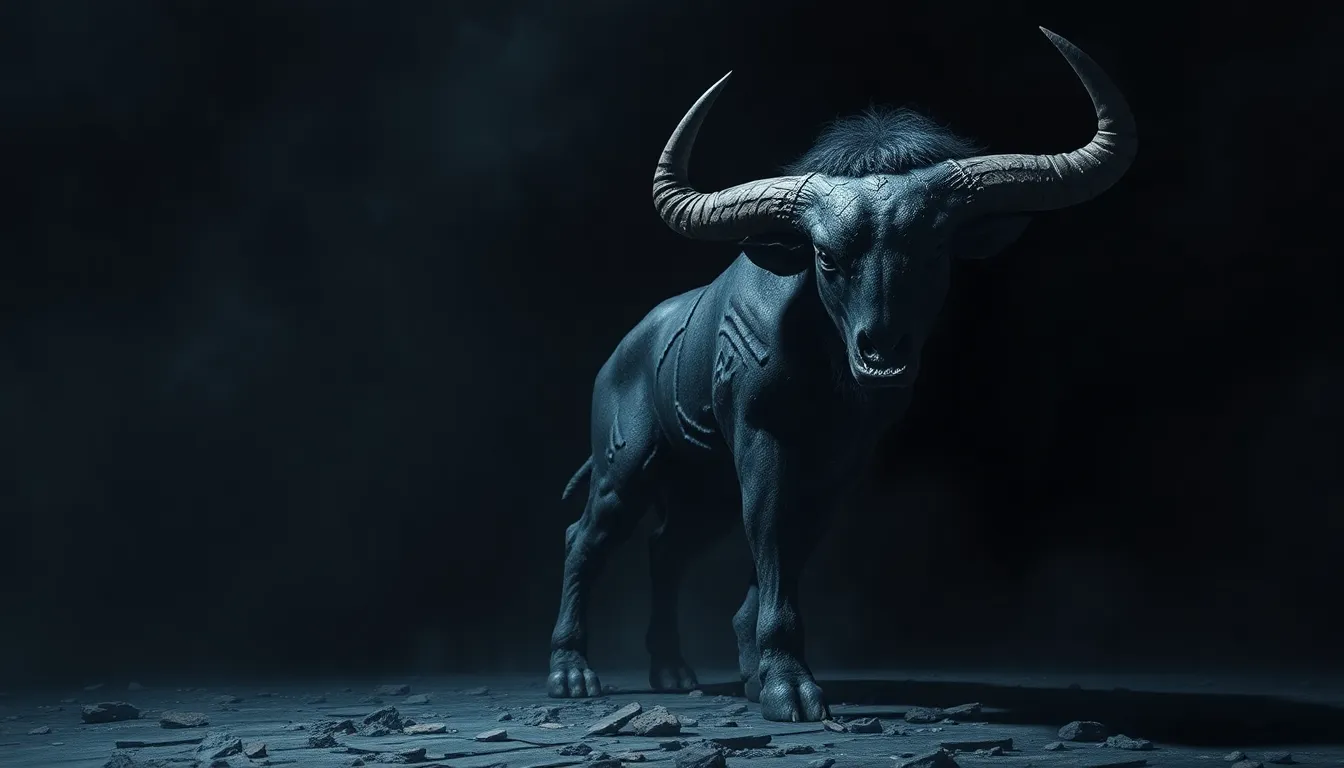The Birth of Legends: How Creation Myths Shape Our Narratives
Introduction to Creation Myths
Creation myths are foundational stories that explain the origins of the world, humanity, and the cosmos. These narratives are significant across various cultures, offering insights into how different societies perceive existence and their place within it. They serve not only as a means of understanding the universe but also as a vehicle for transmitting cultural values and beliefs.
Creation myths often address profound questions about life, purpose, and the nature of reality. By exploring these myths, we can gain a deeper understanding of human thought and the universal quest for meaning.
The Universal Themes in Creation Myths
When examining creation myths from diverse cultures, several universal themes emerge:
- Chaos and Order: Many myths begin in a state of chaos, which is then transformed into an ordered universe.
- The Emergence of Life: Nearly all creation narratives detail how life came into being, often through divine acts or natural processes.
- Divine Intervention: Gods or supernatural beings frequently play a crucial role in the creation process, symbolizing the complexities of existence.
A comparative analysis reveals fascinating differences and similarities. For instance, in the Judeo-Christian tradition, the Book of Genesis describes God bringing order to chaos, whereas in Hindu mythology, the cosmic ocean is churned to produce life. These narratives reflect unique cultural perspectives while addressing similar existential questions.
The Role of Mythology in Cultural Identity
Creation myths are vital in fostering a sense of belonging and reinforcing shared values within a culture. They provide a historical context and a framework through which individuals can connect with their heritage.
Consider the following case studies:
- The Maori of New Zealand: Their creation story, involving the separation of the earth and sky, emphasizes the relationship between humans and nature.
- The Native American Tribes: Various tribes have unique creation myths that highlight their respect for the earth and the interconnectedness of all living beings.
These stories not only shape cultural identity but also guide moral and ethical behavior, illustrating the importance of creation narratives in maintaining societal cohesion.
Creation Myths and the Human Experience
The psychological impact of creation myths extends beyond cultural identity. They provide individuals with a framework to understand their lives and confront existential questions. By offering explanations for human existence, suffering, and death, these myths help people navigate life’s complexities.
For instance, the Greek myth of Prometheus, who defied the gods to bring fire to humanity, symbolizes the struggle for knowledge and the consequences of hubris. Such narratives resonate deeply, allowing individuals to reflect on their own experiences and beliefs.
Influence of Creation Myths on Literature and Art
Creation myths have profoundly influenced storytelling and artistic expression throughout history. They serve as rich sources of inspiration for writers, poets, and artists alike.
Examples include:
- Literature: Works such as Mary Shelley’s “Frankenstein” explore themes of creation and the ethical implications of playing god.
- Visual Arts: Artists like Salvador Dalí have drawn upon creation myths to challenge perceptions of reality and existence.
- Performing Arts: The incorporation of mythological themes in plays and operas, such as Wagner’s “The Ring Cycle,” illustrates the timeless appeal of these narratives.
These examples showcase how creation myths continue to shape artistic endeavors, allowing for a rich exploration of human experience.
Modern Interpretations and Adaptations of Creation Myths
In contemporary society, creation myths are often reinterpreted and adapted in popular culture. This includes film, literature, and television, where ancient narratives are reimagined to resonate with modern audiences.
For instance:
- Film: Movies like “Prometheus” reinterpret the myth of Prometheus, exploring themes of creation and the pursuit of knowledge.
- Literature: Novels like Neil Gaiman’s “American Gods” blend traditional myths with modern storytelling, presenting a unique perspective on the relevance of these narratives today.
The enduring nature of these myths demonstrates their adaptability and importance in contemporary storytelling mediums.
Creation Myths and Science: Conflict or Complement?
The relationship between scientific explanations and creation myths is complex, often viewed as conflictual. However, many cultures find ways to reconcile these narratives with scientific understanding.
For example, some Indigenous cultures incorporate scientific concepts into their creation stories, illustrating a harmonious relationship between ancient wisdom and modern science. This blending of narratives allows for a more comprehensive understanding of existence.
The Evolution of Creation Myths Over Time
Creation myths are not static; they evolve and adapt over time in response to societal shifts. Globalization, technological advancement, and cultural exchange have all influenced how these narratives are told.
This evolution can be seen in the way traditional myths are reinterpreted to fit contemporary values and beliefs, reflecting the changing landscape of human experience.
The Future of Creation Myths in a Changing World
As new cultures emerge and technologies develop, the creation narratives of tomorrow may take on new forms. Digital media, in particular, has the potential to preserve and transform these myths, making them accessible to a global audience.
Speculation about future creation myths includes:
- The integration of virtual reality and augmented reality in storytelling, allowing for immersive experiences of creation narratives.
- The emergence of new narratives that reflect contemporary issues such as climate change and technological advancement.
Conclusion: The Enduring Legacy of Creation Myths
Creation myths continue to shape our understanding of the world, providing a lens through which we can explore existence, identity, and morality. Their enduring relevance speaks to the fundamental human desire to understand our origins and purpose.
As we delve into these narratives, we are called to appreciate the rich tapestry of stories that define our collective human experience. By exploring creation myths, we connect with our past, navigate our present, and perhaps find guidance for the future.



